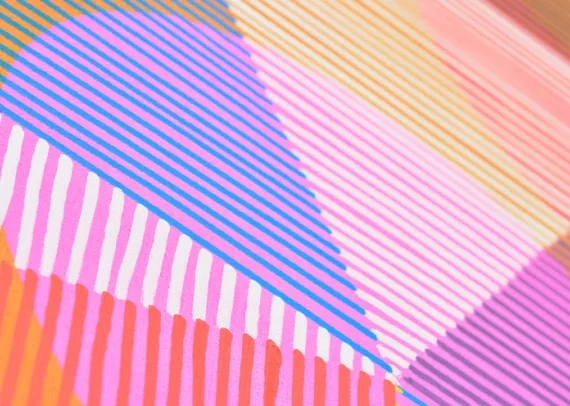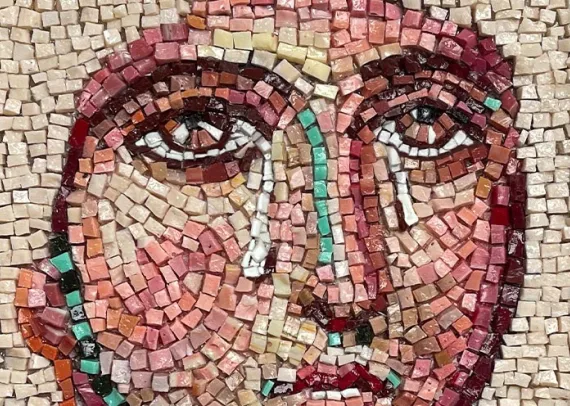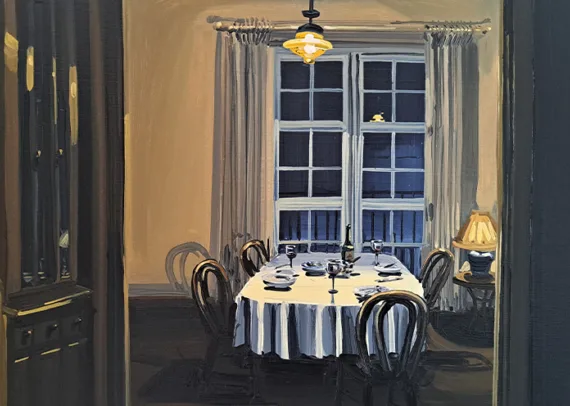-
 Jun 20 2009 - Jul 27 2009
Jun 20 2009 - Jul 27 2009
Press Release
David Beattie makes sculpture and installations that endeavour to capture the human desire to comprehend natural phenomena. Through his open-ended experimentation and references to significant scientific discoveries in history, Beattie highlights how the language of science has evolved by way of our attempts to understand human existence. The experiential nature of the work, learning by doing, is an important aspect of his art practice. While he researches and investigates the physicality of space, substance and time through the use of elementary physics and lo-fi aesthetics, Beattie manages to retain a sense of excitement and discovery for both himself and the viewer.
Beattie’s sculptural manipulations remain Minimal. The use of movement, image, sound and physics combine to create unlikely alliances. In this sense, he combines materials as much as he creates relationships between objects usually foreign to each other. These entities, in a newly installed union, remain autonomous in their formal economy. Incorporating an eclectic array of found-objects, he utilizes anything from electric motors to a child’s snare drum. Thoroughly inventive in his reapplication of once redundant domestic objects and technologies, Beattie then reconstitutes these elements into unique creations.
Due to the utilitarian and seemingly random nature of much of the media used, such work can possess an unfinished, raw and sometimes crude aesthetic quality... However, this ostensibly makeshift, accidental appearance belies what is in fact an extremely measured and yet creative approach to the construction of the work. Each sculpture contains its own compositional hierarchy dominated by a strong visual structure. (1)
The exhibition in the Butler Gallery includes Cloudmaker, which begins with a commonplace water dispenser, elevated by a wooden tripod, which releases a single drop of water at naturally occurring intervals. When the drop hits the surface of a portable electric hob, positioned directly below, it immediately evaporates in a tiny cloud of vapour.(2) Waterfall, a new video piece of the man-made waterfall in Kilfane Gardens in Kilkenny plays continuously, permeating the gallery with a gentle timbre. Like Cloudmaker, this work is looking at ways in which we humans try to control what is seemingly uncontrollable in nature.
David Beattie’s work is driven by an innate curiosity. Like a cheeky student let loose in a science laboratory, one never knows what creative inventions he will produce. This can prove challenging for some viewers who might be tempted to ask ‘so where’s the art’? There is a fundamental nod to the art movements of Arte Povera, Conceptualism and Post- Modernism but the artistic imagination is all Beattie’s, as is his playful inventiveness and inherent sense of whimsy. David Beattie is an intriguing artist of our time – the more we engage with his process the more we are rewarded.
David Beattie was born in Northern Ireland in 1979. He graduated in 2006 with an MA in Visual Art Practices from Dun Laoghaire IADT and in 2001 received his BA from the National College of Art and Design, Dublin. He has received a number of awards including an Arts Council Artists Bursary in 2009. His recent solo exhibitions include: Oonagh Young Gallery, Dublin 2009; Mermaid Arts Centre, Bray, Co. Wicklow 2008; MAVIS/IADT, Temple Bar Gallery & Studios, Dublin 2006; County Hall, Kilkenny 2005. Selected group exhibitions include Corpus Callosum, Studio 1.1, London 2009; Play, Draiocht Arts Centre, Blanchardstown, Dublin 2008; Sculpture at Kells, Kilkenny; Lighthouse, London; The Important Thing Is That Tomorrow is Not The Same As Yesterday, Pallas Contemporary Projects, Dublin 2007. His next solo exhibition will be in 2010 in Mercer Union Centre for Contemporary Visual Art, Toronto, Canada.
1&2 Maguire, Donal. David Beattie: Tools and objects. Circa, Summer 2009, page 92-94.




 Opening Hours
Opening Hours